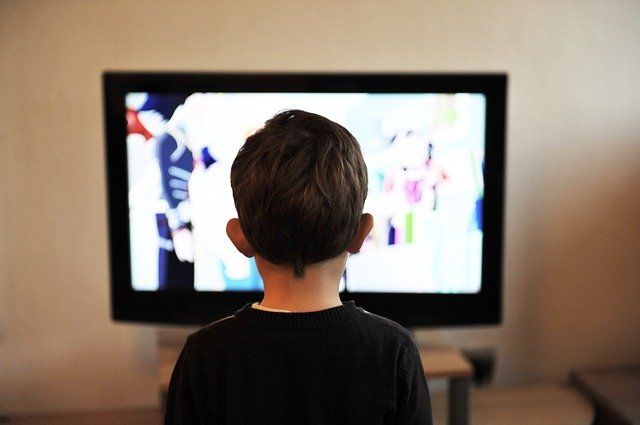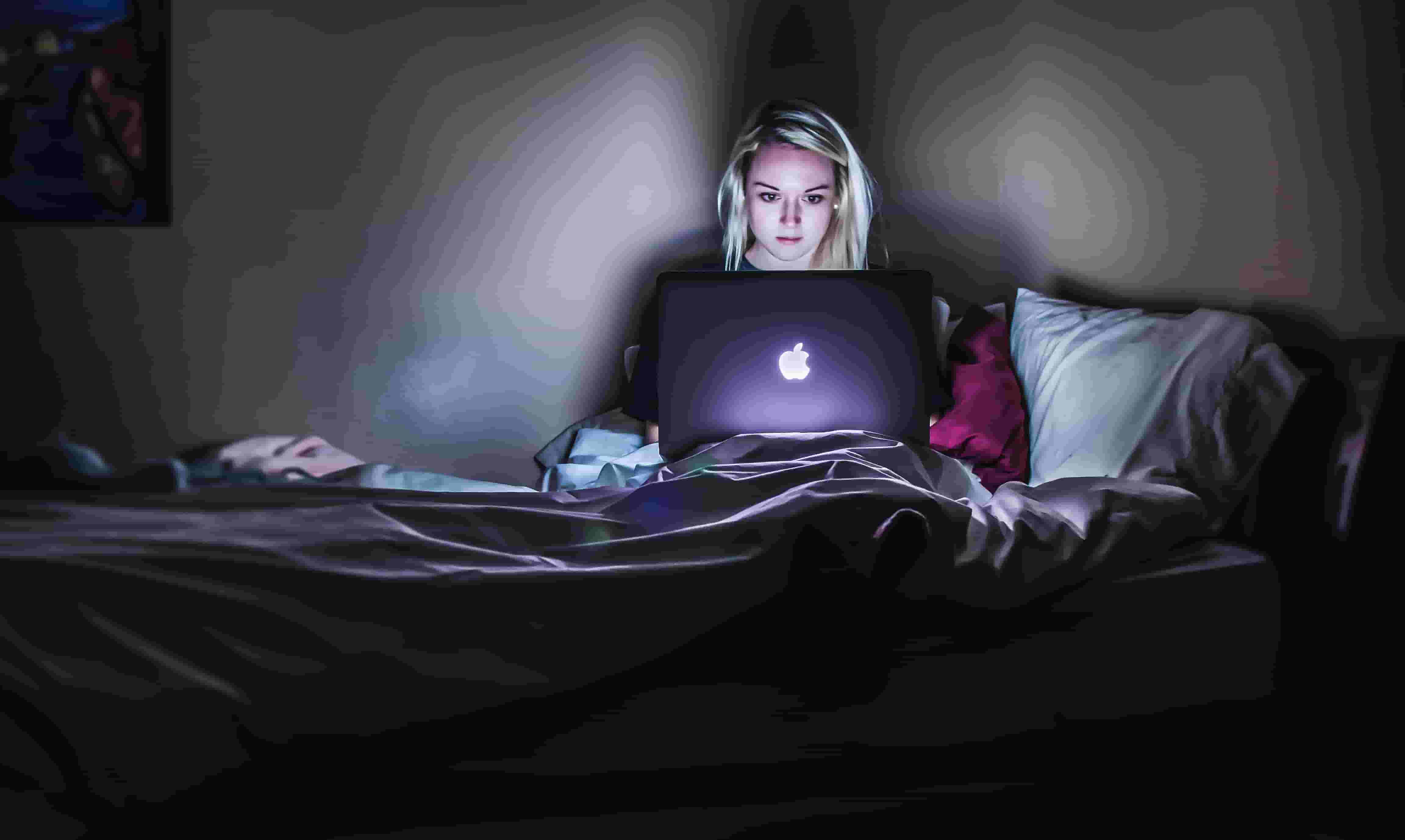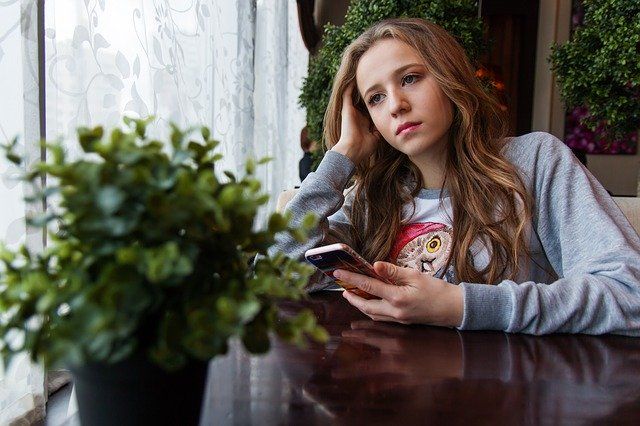New survey results looking into the impact Coronavirus (Covid-19) is having on young people with mental health needs have today been released, revealing young people and support services are under pressure
Today, mental health charity YoungMinds has released the results of the first survey looking into the mental health impact of Covid-19 on young people with mental health needs. The survey, which was carried out on over 2,100 young people with a history of mental health needs between Friday 20 March (the day schools closed to most students) and Wednesday 25 March (when further restrictions were put in place across the UK).
Survey results revealed that 83% of respondents agreed that the current pandemic had made their mental health worse, with 32% saying it had made their mental health “much worse”. 66% felt that watching or reading the news was unhelpful for their mental health.

Despite this overwhelmingly negative impact on their mental health, respondents who were accessing support for their mental-health leading up to the crisis (including receiving support from the NHS, school or university counsellors, charities, helplines, or through private providers), the majority (74%) said that they had still been able to receive some level of mental health support. However, one in four (26%) who had been receiving support said that they were now unable to access previously used support.
Of those unable to access support, it was revealed many were due to school closures causing cancellations, young people being unable to attend peer support groups due to new guidelines, as well as a lack of online transitions from face-to-face to online or phone services. For others, concerns around privacy, a lack of access to technology, or anxiety over talking via phone or video calls led them to turn down offers of remote support.
When asked about what areas they were most worried about, common responses included concerns about family and loved one’s health, school and university closures, isolation, lost social connections, as well as a loss of routines and coping mechanisms.
Chief Executive of YoungMinds, Emma Thomas, commented:
“The coronavirus pandemic is a human tragedy that will continue to alter the lives of everyone in our society, and the results of this survey show just how big an impact this has had, and will continue to have, on the mental health of young people.
“Professionals who work in the young people’s mental health sector – whether for the NHS, privately, through schools, universities, youth organisations, charities or helplines – deserve enormous credit for continuing to provide support where they can. In an unprecedented and totally unexpected situation, they are going to remarkable lengths to reach young people, even though face-to-face contact is usually restricted and remote support is often challenging.
“As the impact of the pandemic and the restrictions on their lives continues to sink in, more young people are likely to struggle.”
“But we need to find ways to help those young people who have lost their support – not least because, in many cases, they have also lost many of their coping mechanisms, including contact with friends or routines that help them to manage their conditions.
“We also know that many young people who previously might not have needed mental health support are likely to do so in future. As the impact of the pandemic and the restrictions on their lives continues to sink in, more young people are likely to struggle.
“This is a time when we must all pull together, and look out for those who are most at risk in our society. The Government must fully recognise the growing mental health impact that COVID-19 will continue to have on children and young people, and ensure that addressing this is a key component of the ongoing response.”
Following these survey results, YoungMinds is calling for the Government to recognise and respond to the impact the pandemic will have on children and young people’s mental health by ensuring services have the funding and resources needed to continue to deliver all services (digital, virtual, text-based, and by phone) for young people, parents and carers.
They are also calling for the prioritisation of clear public health messaging aimed at young people and their families, focusing on what they can do to look after their mental health, as well as the enablement of coordinated efforts to provide support for those who are unable to access remote support or find it unhelpful for their needs.
Telephone and online counselling
While face-to-face individual and group counselling sessions may be amongst the best known types of therapy, telephone and online counselling has grown in popularity in recent years. Often a more accessible, affordable, and convenient alternative to face-to-face sessions, in light of the current pandemic, it is also one of the safest ways to maintain social distancing whilst still gaining support for your mental health and wellbeing.

Online counselling (a term used often to incorporate a wide variety of digital therapy options including video call, telephone call, text-based chat, and email) has also shown to be as effective as traditional therapy and, in some cases, more effective. Studies published by the Journal of Affective Disorders and Cyberpsychology, Behavior and Networking revealed that online counselling can be as effective as traditional counselling. Studies have also revealed that some participants found online therapists to be more “personal”, making them more likely to continue to engage with therapy.
A 2018 study published in the Journal of Psychological Disorders also found online cognitive behavioural therapy (CBT) to be as “effective, acceptable and practical health care”. The study revealed online CBT therapy was as effective as in-person counselling for those seeking help with depression, social anxiety disorders, generalised anxiety, and panic disorder.
As Counselling Directory member Claire Mcritchie explains, online counselling can give you a sense of control, as well as more space for reflection.
“Email counselling also allows more control over when your ‘session’ is held. In fact there is no session. When you choose email counselling you choose when to make contact. You can send your email any time, day or night. You are not constricted by the restraints of a face-to-face appointment.
“You choose when you want to make contact. You can write your thoughts, feelings, experiences when you feel them – therefore allowing the counsellor to also experience a little of what you feel. This is not normally something that happens in face-to-face sessions, often people experience an attack of anxiety or depression days before their therapy session – by the time they are relaying the experience the raw emotions have passed by.
“The therapeutic response is another benefit for email sessions: it is written down and you can refer to it whenever you want. You also have time to reflect on your feelings, on your thoughts and on your responses to any questions asked, something not afforded in face-to-face sessions, which can feel demanding for some.”
If you are considering online counselling and are unsure of where to start, counsellor Andrew Harvey shared 10 tips for getting the most out of online therapy.
Finding help and support during the pandemic
If you are worried about a loved one’s or your own mental health and wellbeing right now, it’s important to know that there is help and support available out there. Find out more about where to get help during the coronavirus outbreak.
If you are experiencing anxiety related to the current pandemic, check out this article on coping with coronavirus anxiety. Written by three experienced counsellors and a psychologist, each shares their advice and guidance on staying strong, managing anxiety, and keeping safe during this time of self-isolation.
If your child or teen is feeling particularly anxious right now, find out more about how you can help kids manage anxious thoughts and discover techniques for remaining calm in times of uncertainty. Creating a household communications plan can be another way to ensure everyone’s needs are being met in these unprecedented times.
If you are struggling to stay positive or find moments of happiness right now, discover eight ways you can find happiness in uncertain times, or try these eight ways to help yourself and others right now.


Comments